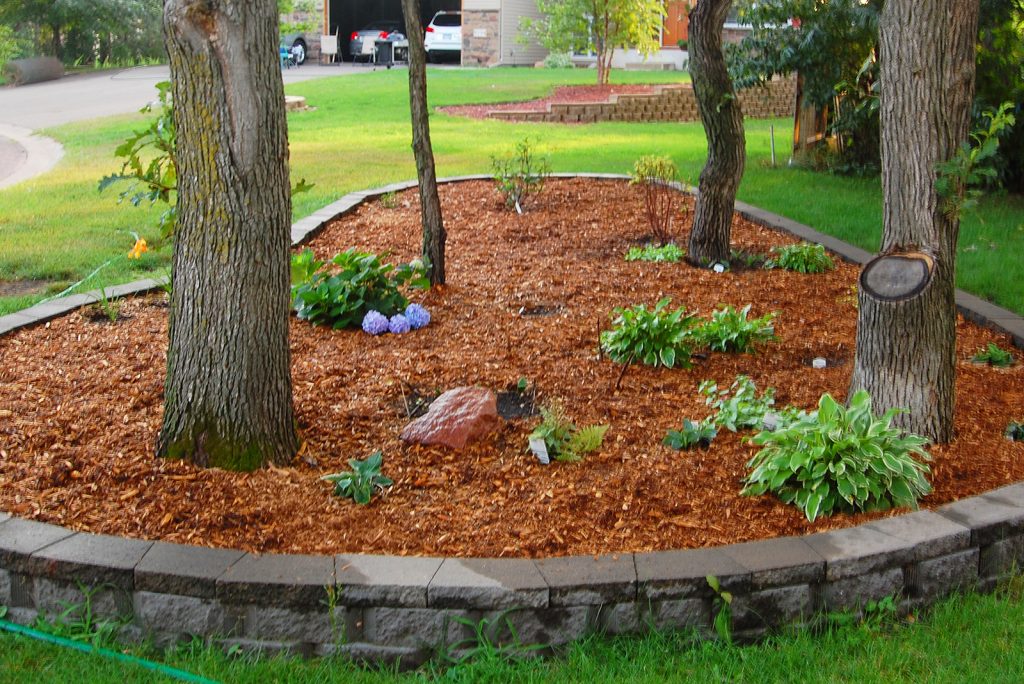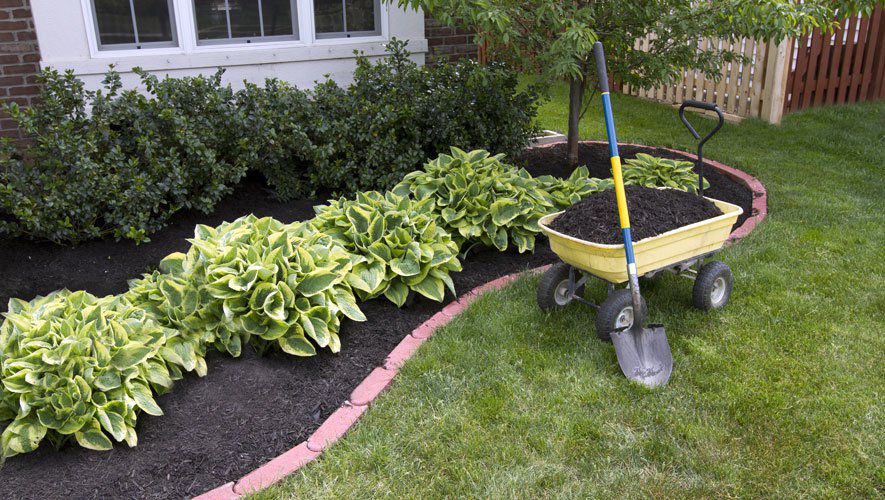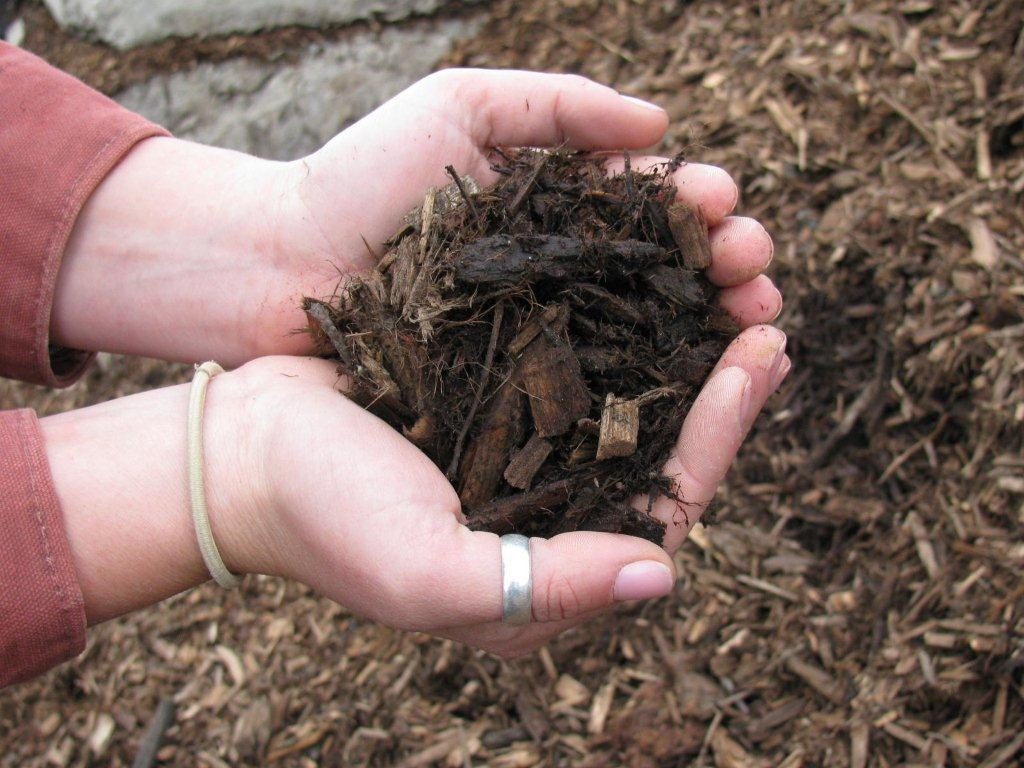
Mulch is a method that helps you to control weed. A Los Angeles garden designer, Shirley Bovshow, describes mulching as the “birth control for weeds.” This also means you have to be consistent, as gardening tends to be pleasing and joyful to tend to the weeds, resulting in more than you expected.
Mulch blocks the sunlight, which is crucial for weed seeds because they need it for germination. A layer of 2 to 3 inches of mulch should last you a year in most climates when perennial beds are in question. Annual flower beds or vegetables need just one inch until seasons change.

Mulch only slashes the weed populations, it does not exterminate them however. The weed seeds blown by the wind think that the fresh mulch is seedbed. If you plant densely, it may provide a second layer of shade for the weed latecomers. Only one layer of mulch cannot stop perennial weeds, as you will need harder measures like grubbing them out or starving them of light with barriers like cardboard.
Except weed control, mulch has other great benefits. Let us explore some of them.
Leaving bare soil is one of the biggest sins and mistakes of gardening. It damage the garden and looks bad. Mulch acts like make-up for the garden here. Using different mulches will give the plant beds an identity. For example, buckwheat hulls and cocoa hulls are good for vegetable garden, while coffee chaff is perfect for a tropical plant garden.

Mulches also act as shock absorbers for rain, as well as shade cloth for the sun. Bare soil is compacted, so rain is a problem. Raindrops, although not heavy, compress the air from the ground, killing the roots.
Poking around usually reveals that bare soil is dryer than soil covered in mulch. So is the case in shady garden, as sunshine and wind pull all the moisture from the soil. Mulching can save you the money you spend on watering your gardening.
Last but not least, the organic mulches also acts as food for soil creatures. The billions of bacteria, fungi, and earthworms digest organic. This is very important for all the gardeners, as the microscopic creatures create the airy, moist, and nutrient-rich soil. The result? A rich and comfortable soil for the plants to thrive and be happy in.

The time between Christmas and Valentine’s Day is perhaps the best for putting out mulch. By Christmas, the frost kills the weeds, and before Valentine’s Day, the bulbs have not appeared yet, which leaves a lot of room. Different climates need different tactics, so various times for mulching are possible. It is important to pick it, make a habit of it and watch your garden plants thrive!

















